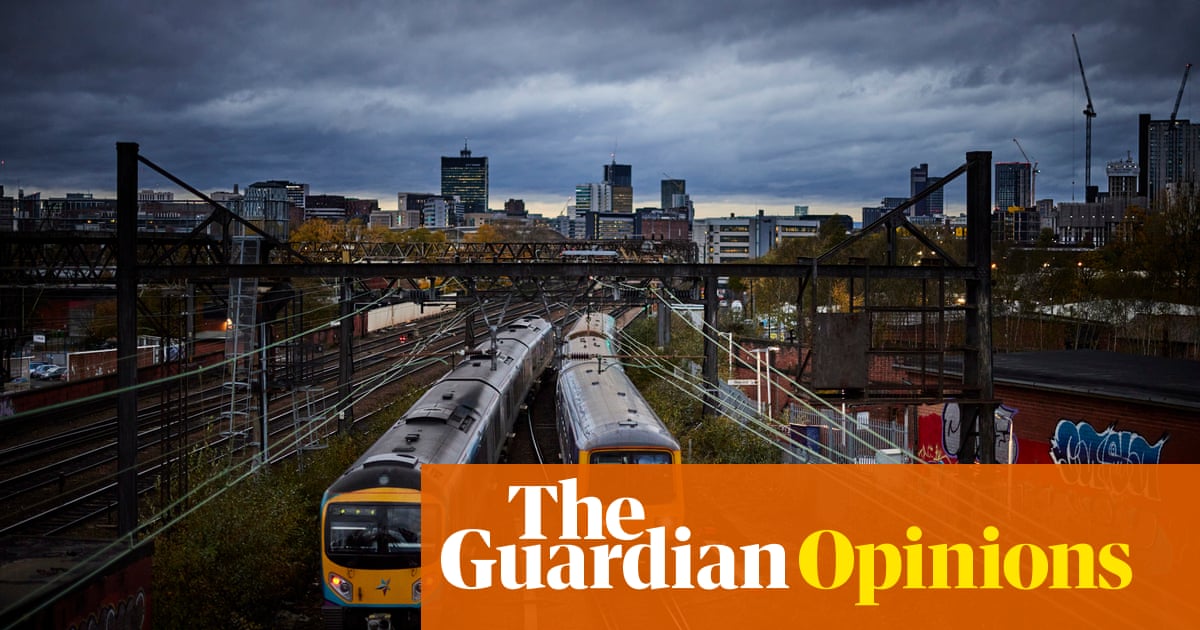Grassland Blue
Well-Known Member
Many staff care little about the railway these days. They don't have railways 'in their blood', so to speak.This was the departure board at Piccadilly late last night. Not a single train running anywhere. Yesterday wasn’t a strike day for those that have lost track.

Their main priorities lie elsewhere.
The type of anti-social shifts shown used to be covered by spare men or money hungry ones.
There don't seem to be many 'unproductive' spare men to cover and overtime merchants are also thin on the ground.



